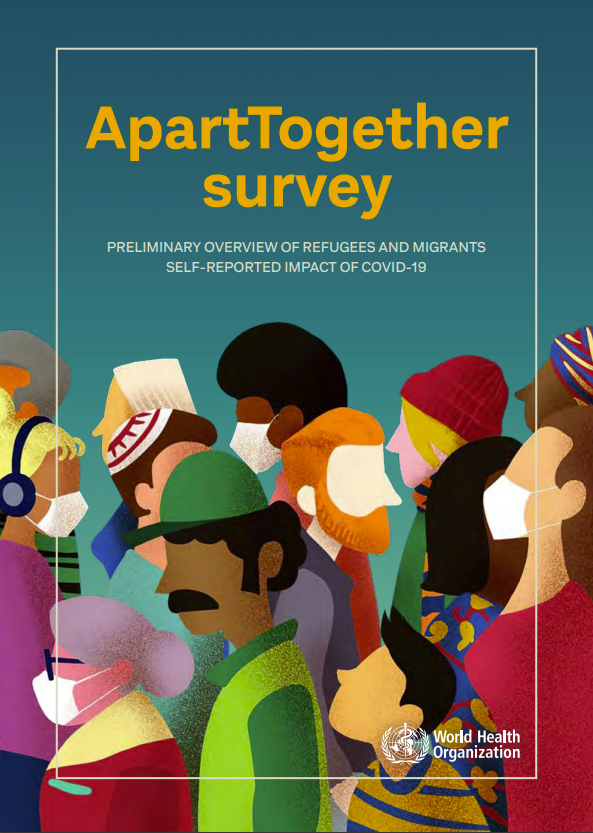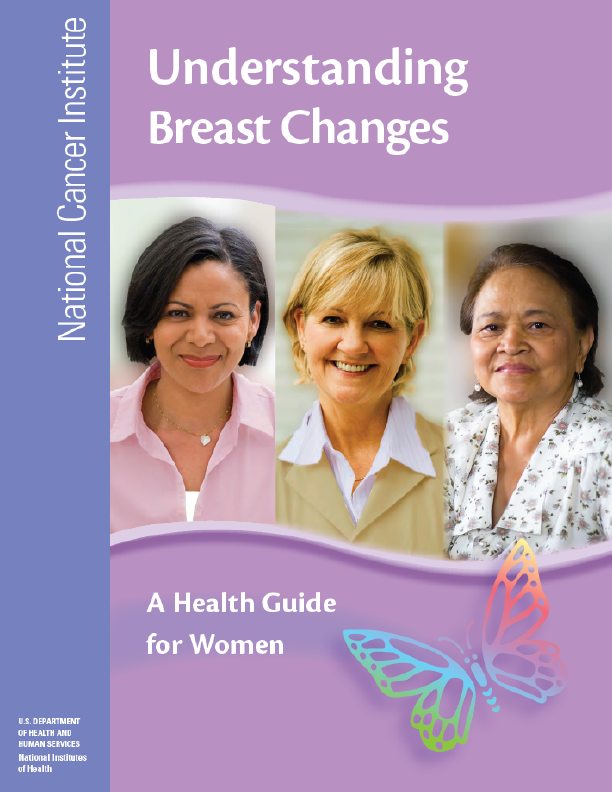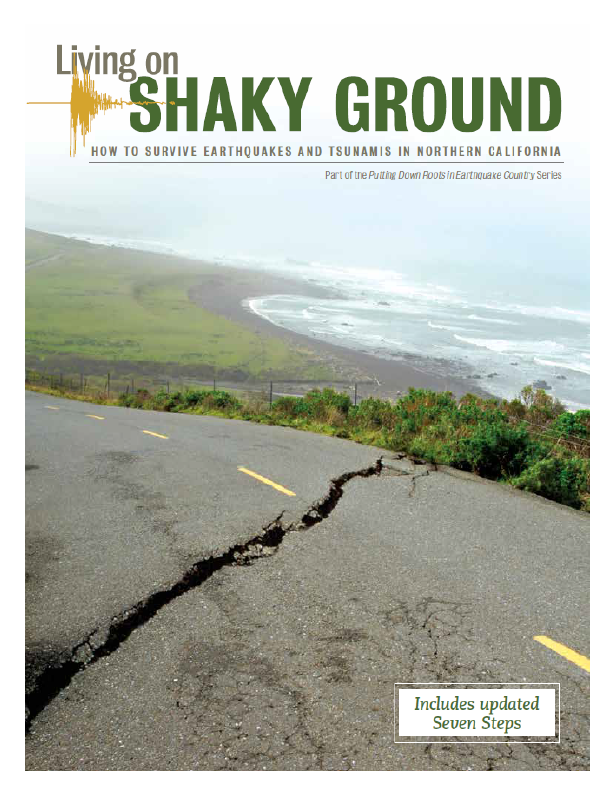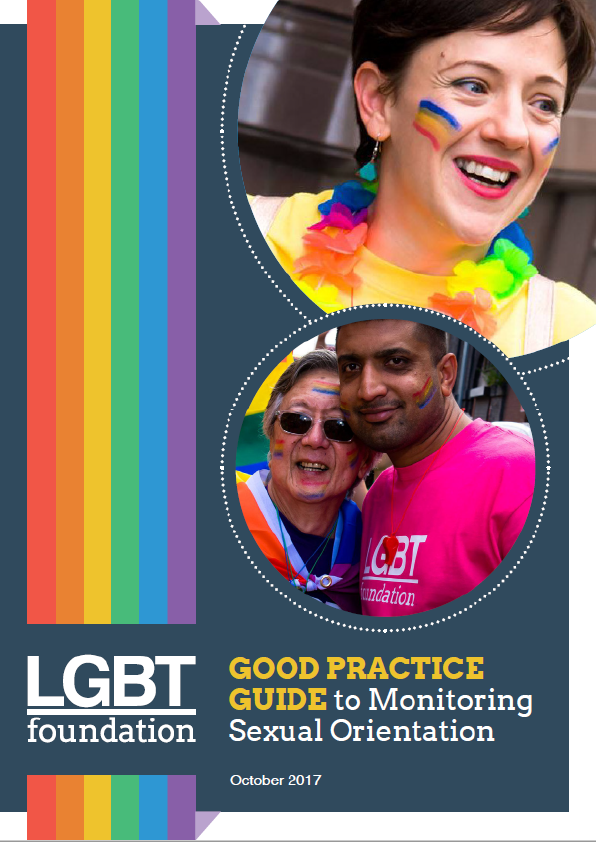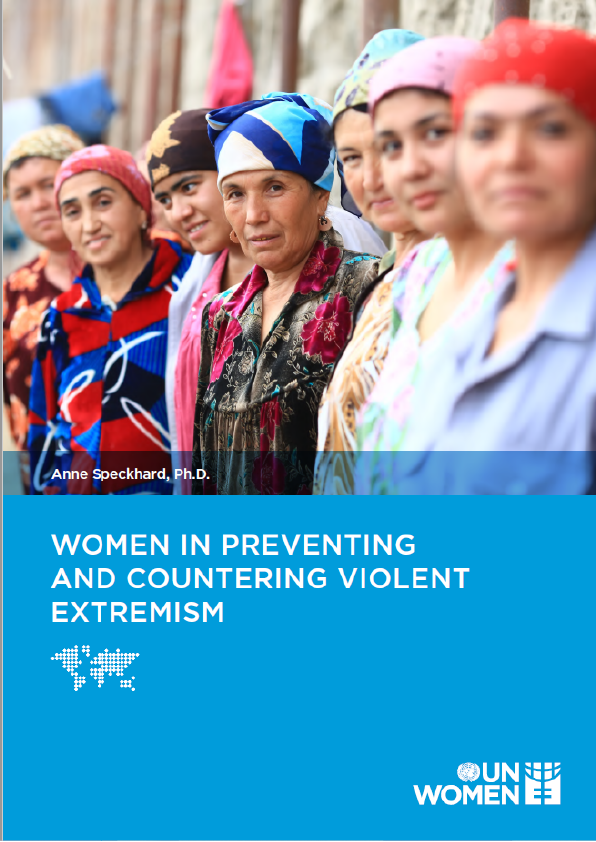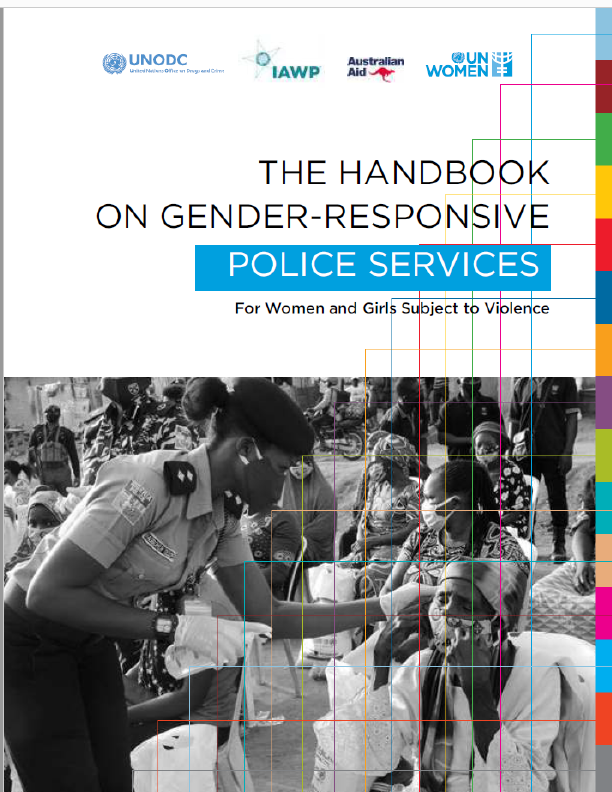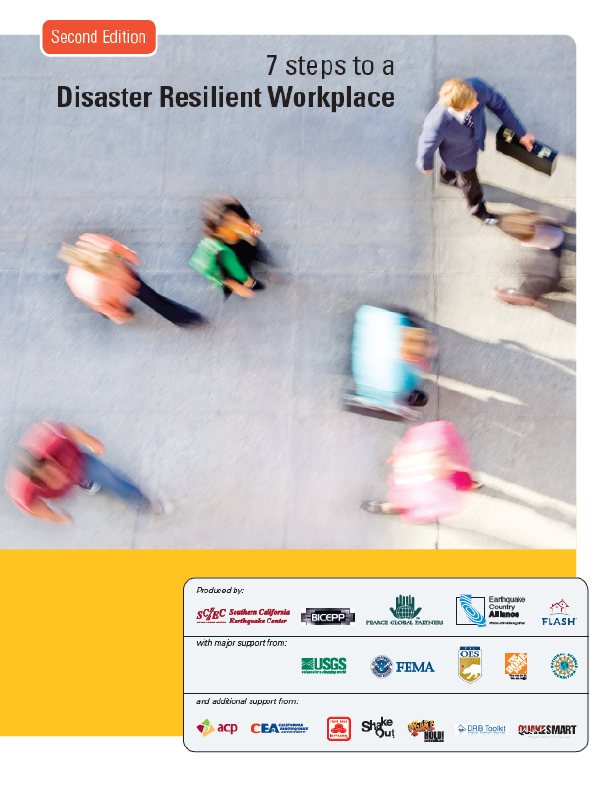This paper is an advocacy brief based on a perception survey called ApartTogether that aims to identify how the new coronavirus SARS-CoV-2 (COVID‑19) has impacted refugees and migrants around the world, as experienced and reported by them, especially for social and public health aspects; there were over 30 000 respondents from almost all Member States of WHO. The following highlights the initial findings of the survey.
Self-reported COVID-19 health status, history of testing and seeking health care
Among the respondents, refugees and migrants (the sur‑ very captured also those in the irregular situations as “having no documents”), those living on the street or in insecure ac‑ accommodation and those less likely to seek medical care in case of (suspected) COVID‑19 symptoms. Lack of financial means, fear of deportation, lack of availability of healthcare providers or uncertain entitlement to health care were the reasons cited most often for not seeking medical care in case of (suspected) COVID‑19 infection. Of those who in‑ dictate not seeking health care, 35% of the survey respondents reported financial constraints as the reason, and a further 22% fear deportation.
Public health social measures against COVID-19
Most refugees and migrants surveyed took precautions to avoid COVID‑19 infections and followed government-initiated preventive public health social measures. Around 20% of respondents said that it was difficult to avoid public transport or avoid leaving the house. Younger respondents were less likely to follow risk reduction measures. Refugees and migrants relied on different sources of information about COVID‑19, including from the news, friends and family and from social media, and accessed information in both the home country and the host country. People living in more precarious housing situations (i.e. on the street, in insecure accommodation, in asylum centres or in refugee camps) had fewer sources of information on COVID‑19. The survey found that nongovernmental and civil society organizations (NGOs), and other supporting organizations do play a key role in the dissemination of accessible information on COVID‑19 to refugees and migrants. The impact of COVID-19 on the mental health of refugees and migrants At least 50% of the respondents across various parts of the world indicated that COVID‑19 brought about greater feelings of depression, anxiety and loneliness and increased worries. One in five respondents also increased drug- and alcohol use. Refugees and migrants living on the street, in insecure accommodation or in asylum centres are likely at high risk of experiencing mental health problems in the aftermath of the COVID‑19 pandemic. Primary anxieties for respondents were uncertainly about their future, whether they or one of their family members or friends will get sick or whether they will suffer serious financial consequences.
Experiences of perceived discrimination
Respondents living in asylum centres, living on the streets, in insecure accommodation or in other precarious conditions (e.g. on unpaid work or sent home without pay) indicated being affected in terms of perceived discrimination – nearly 40% of those living on the streets or in insecure accommodation. Refugees and migrants, including those in an irregular situation or those living on the street or in insecure accommodation and in asylum centres, reported a relatively worsening situation of discrimination. Unum‑ ployed refugees and migrants reported greater discrimination than others who continued working.
The perceived impact of COVID-19 on the daily lives of refugees and migrants
Refugees and migrants participating in the survey reported a significant impact of COVID‑19 on their access to work, safety and financial means. Respondents living in insecure accommodation and in asylum centres and irregular migrants suffered the worst impact of COVID‑19 on their daily lives, making up around 60% of the respondents within the category. Refugees and migrants who participated in the survey and lived in the WHO Americas, European, Southeast Asia and Western Pacific Regions reported a greater impact than those in other regions. However, respondents said they were taking various measures to cope with such impacts. They identified staying in contact with family and friends, entertaining oneself, seeking information and meditating and praying as the most effective strategies.
Way forward
Self-reported quantitative and qualitative information pro‑ vides important insights into the lives and livelihoods of the refugees and migrants who participated in the Apart-Together perception survey. This advocacy brief attempts to capture their perceptions regarding how they have been impacted in various ways by the pandemic and how they have been managing and coping with the psychosocial and other stresses. Additional complementary and more in-depth analysis of these initial findings may give important information to the Global Programme on Health and Migration for future inputs to research initiatives aiming at strengthening evidence-informed norms and research for effective policy formation and impactful programming.
